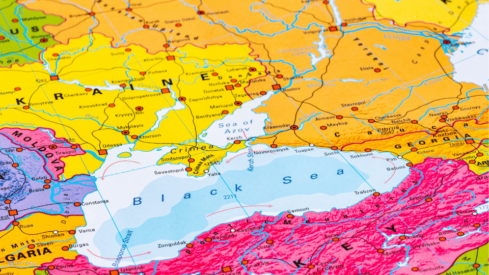Russia terminates Black Sea grain deal

Wheat prices increase after the Kremlin halts support for the safe grain corridor from Ukrainian ports.
Hours before the final expiry time, the Kremlin decided to no longer support the Black Sea grain deal, signed by both Ukraine and Russia with the mediation of the United Nations (UN) and Turkey in July 2022.
Dmitry Peskov, President Vladimir Putin’s Press Secretary, told journalists that the agreement “ceased to be valid.”
“Unfortunately, the part relating to Russia in this Black Sea agreement has not been implemented so far. Therefore, its effect is terminated.”
According to the Kremlin, their objection to extending the deal was communicated before the expiry date. One key request from Russia to continue supporting the agreement was to fix an ammonia pipeline, which they claim was destroyed by Ukraine.
Before the start of the invasion, Russia and Ukraine accounted for about 25% of the world’s grain exports.
Deep regret
The UN showed a deep regret at Russia’s decision, “ending a lifeline for hundreds of millions worldwide facing hunger and spiraling food costs.
“Today’s decision by the Russian Federation will strike a blow to people in need everywhere,” says UN Secretary-General António Guterres.
The European Commission accused Russia of “weaponizing” the hunger of people.
“This will exacerbate economic hardship and global food insecurity. The EU is committed to continue supporting partners through the solidarity lanes,” comments High Representative of the EU for Foreign Affairs Josep Borrell.
Price hikes
The situation caused by the non-renewal is expected to significantly impact the pet food industry through price hikes.
Reports have highlighted that wheat prices have already jumped up by 3.5% as news of the non-renewal broke. According to UN figures, wheat made up the majority (77%) of food exports from Ukraine.
Since its inception in 2022, the deal has enabled 32.8 million metric tons of grain to be exported. But the amount dropped from 4.2 million metric tons in October 2022 to 1.3 million in May.
Some sources say that no new vessels have been registered to participate in the safe corridor since the end of June due to future uncertainty.
